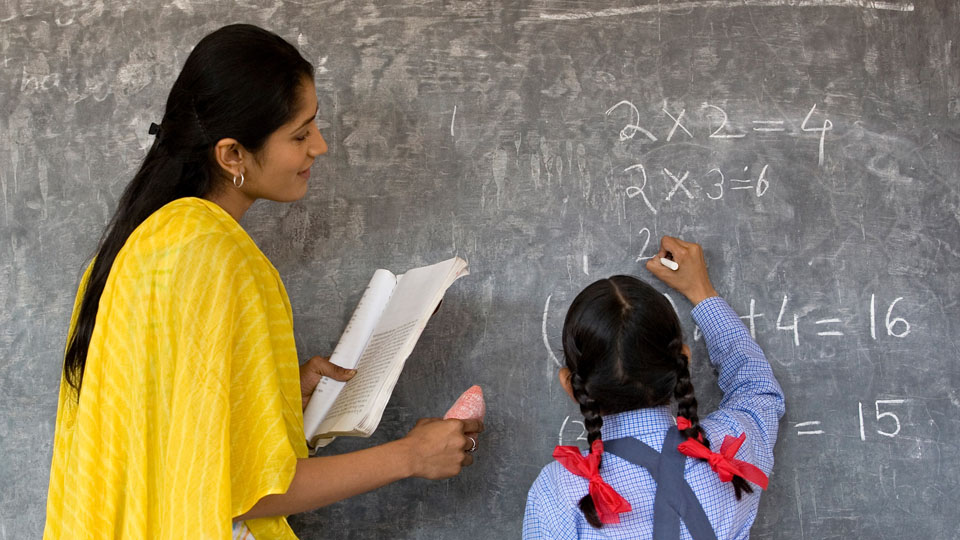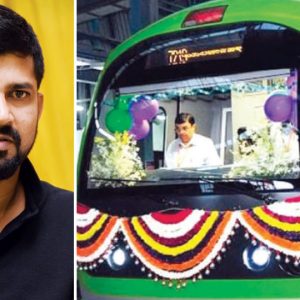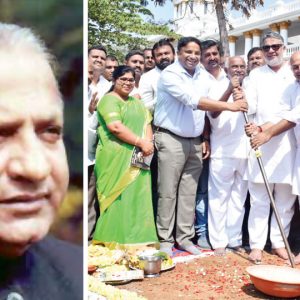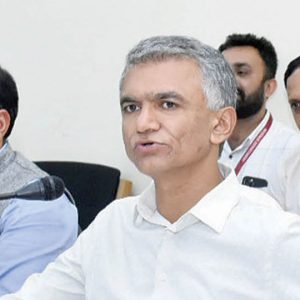
We celebrated Teachers’ Day four days ago, but will it be a relevant holiday as technology and Artificial Intelligence (AI) seep into our classrooms?
Schools are no longer the ‘temples’ of knowledge, and teachers are no longer the high priests. Information today is on children’s fingertips as they swipe, tap and click their way into a world of learning.
Teachers cannot be mere informers anymore; they must do more, and their purpose in a new education ecosystem has to change. Solely imparting knowledge is no longer the purpose of teachers.
As technology lessens the teachers’ burden of imparting knowledge, teachers can be mentors for a child’s wholesome development. For this, they need empathy and compassion.
Teaching with empathy is easier said than done. When a teacher’s efficiency is solely based on the outcome of a student’s test results, it’s only natural that teachers are harsh towards students when they cannot finish homework, grasp concepts and don’t pay attention in class. This harsh behaviour of teachers driven by ‘performance appraisal anxiety’ turns them into a figure of disdain and fear rather than trust.
It may seem impossible for a teacher to keep calm and show empathy when young students are annoying, but they must.
Teachers today are the new counsellors, therapists and support systems for young children. Today, a teacher has to bring what Google and ChatGPT cannot: kindness, compassion and empathy to learning.
As students face high study pressure and mental health issues, they need someone to understand them and help them navigate this new world, which is constantly switching between the real world and the digital universe, and that person is a school teacher.
Our schools will not improve until we build a new teacher education system which involves empathy and compassion. If our schools don’t improve, we will never be a kind, humane, empathetic, civil society.
This reminds me of late Professor G.T. Narayana Rao. GTN, as he was fondly known, was my father’s teacher. Later, he became my teacher too, albeit at home, as he visited us often and spent time talking about science, nature and the importance of being decent.
GTN used to walk or cycle when he could have ridden a motorised vehicle. But it turned out he believed in, as he put it — “keep both your mind and body moving.”
But GTN was not just about science; he loved literature and music too. My interest in literature, music and drama came from him. I learnt the basics of Karnatak music from a music teacher he recommended. I didn’t go beyond the basic ‘lambodhara laku me kara’ — the krithi I never enjoyed and still don’t.
When he heard of my lack of interest in Karnatak music, he said, “It doesn’t matter; pursue what you love and enjoy.” He did not get into a long, drawn-out lecture on the merits of Karnatak music or say I was trying to be ‘Western’. There was no judgement, only encouragement to try new things.
What was interesting about him was, even though he was stern, he was very kind and fair, so I never feared to ask questions. No question was ever a ‘stupid question’ for him. He would simply say, “Putta, the answer is but obvious…” and then go on to answer it.
Once, I walked past GTN, who was chatting with our neighbourhood math teacher. As I walked past them, I wished them both. The math teacher looked at me and mockingly said, “Good morning, Jack”, then turned to GTN and added, “he is a jack of all and master of none”, before letting out a condescending laughter.
The tuition teacher was mocking me for taking Karnatak music, then dropping it, taking tabla classes, then dropping it and taking up sketching and dropping it.”
GTN looked towards me, noticed my embarrassed grin, turned back at the teacher and replied, “Meshtre, you should know, he may be a jack of all and master of none, but in life, often times it’s better than being master of one”. Then he added, “By the way, that is how the complete saying goes”.
GTN, an empathetic teacher, recognised that even children have a sense of self-worth and self-esteem. That day, he protected a child’s self-esteem while also giving a lesson in kindness and knowledge to a seasoned yet unkind teacher.
Today, I may not be a Karnatak music exponent, a cricketer, a tabla maestro, or a sketch artist, but I know enough of the basics to appreciate them. I feel more well-rounded.
Thanks to GTN, a compassionate teacher whose encouragement to try different interests has instilled in me a deep sense of curiosity and fearlessness to ask questions.
Most teachers who are fondly remembered by their students are not the ones who were experts in their subject matter but the ones who imparted whatever they knew with compassion and kindness.
Children love and remember teachers who remove the ‘fear’ factor from their classrooms and turn them into safe spaces, which turn children into confident adults.
No wonder Rabindranath Tagore wrote: “Where the mind is without fear, the head is held high”.
Nothing is worse for a child’s education than the fear of a teacher because that fear will stop a child from asking questions.
If you instil a fear of questioning, you create a society of sheep and ‘employables’ instead of one that pursues excellence, innovation, kindness and enlightenment.
This Teachers’ Day, let’s hope some teachers will create more empathetic classrooms and fearless spaces for our children.
e-mail: [email protected]








Recent Comments